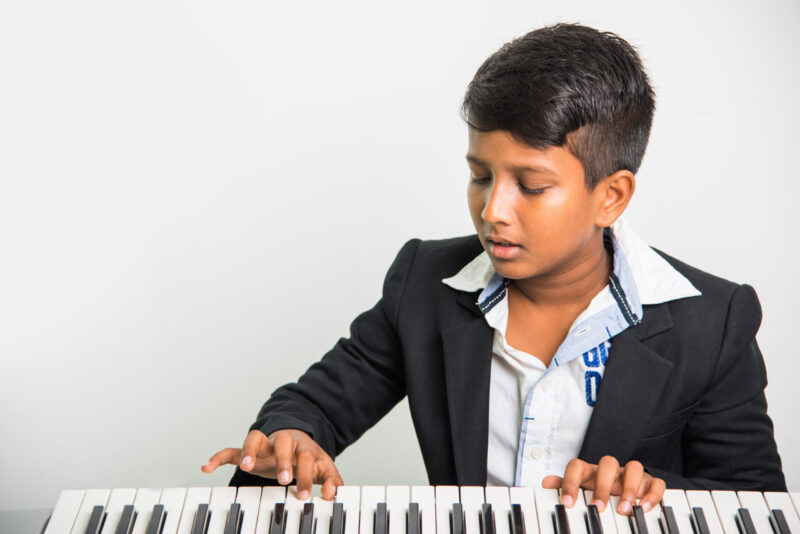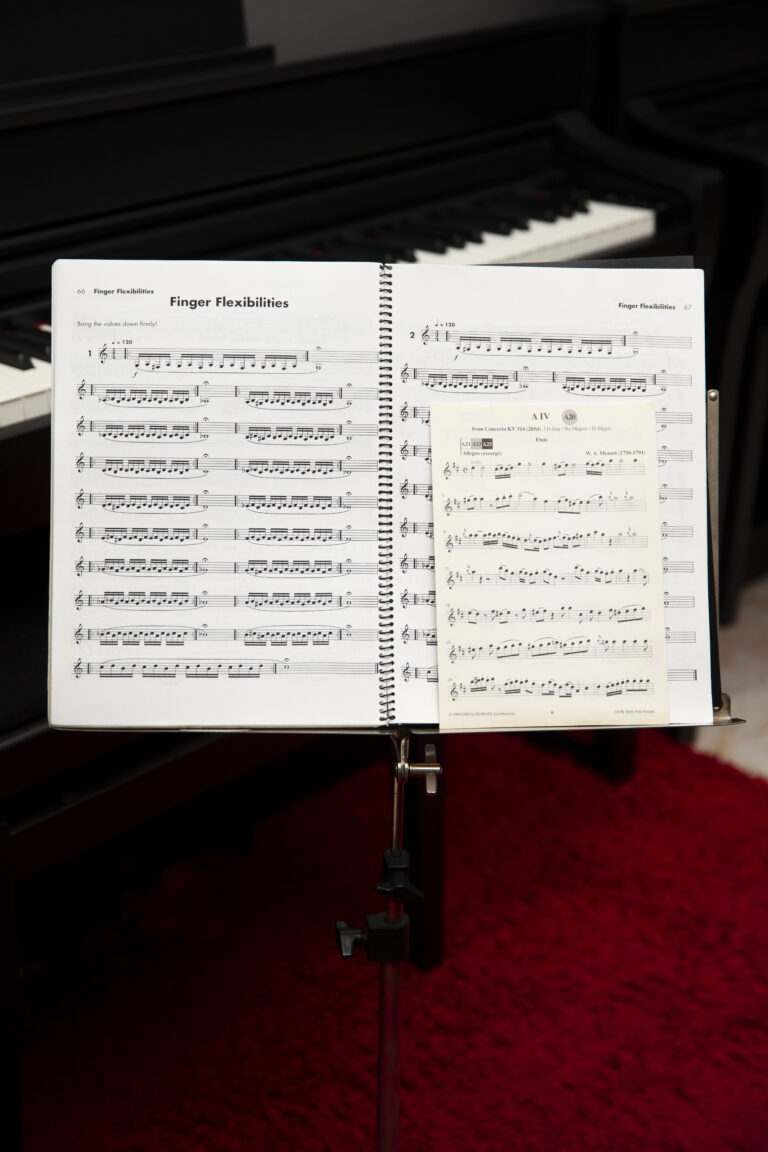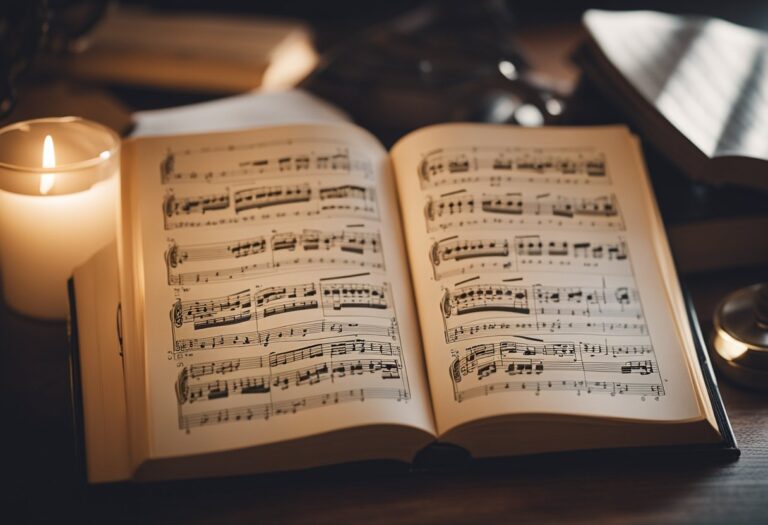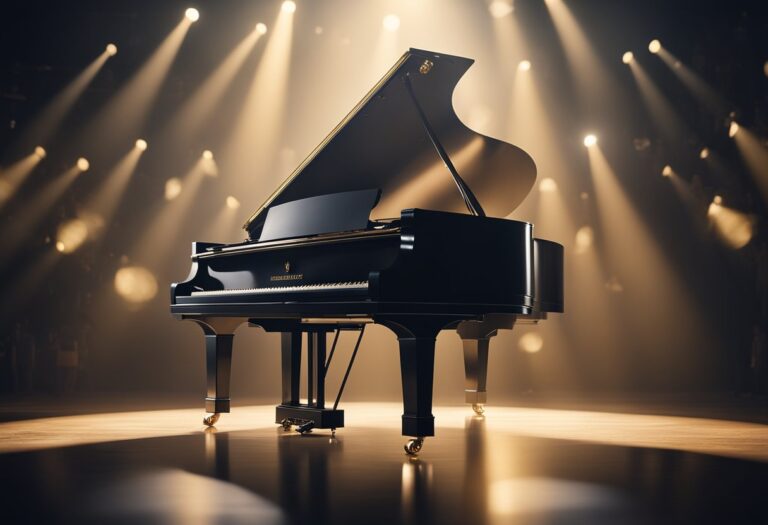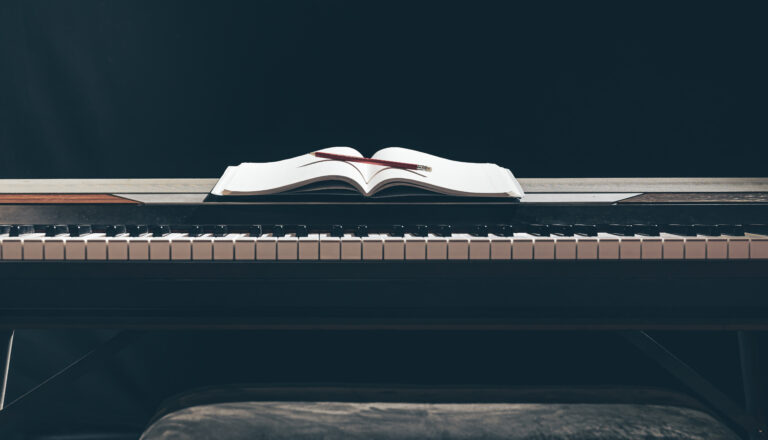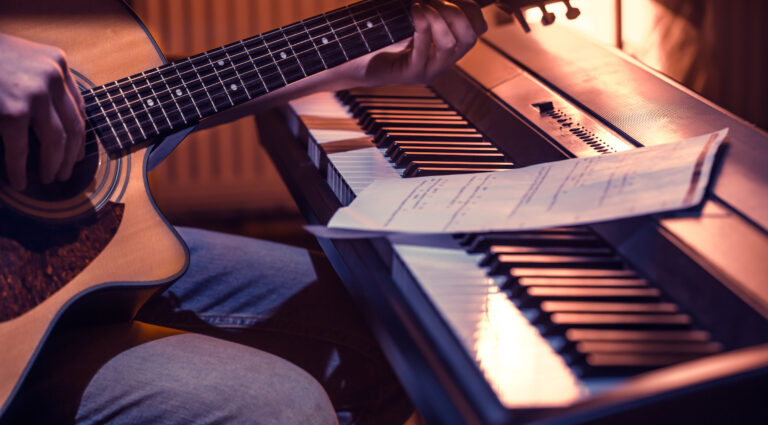Piano Prodigy: Expert Recommendations for the Ideal Starting Age for Lessons
Are you considering enrolling your child in piano lessons but wondering what the best age to start is? The answer may surprise you. While many parents believe that starting their child in lessons as young as possible will give them an advantage, research suggests that waiting until a child is a bit older may be more beneficial.

According to a study by the University of California, children who begin piano lessons between the ages of 6 and 7 show the most rapid progress in their musical abilities. This is likely because children at this age have developed better fine motor skills and are better able to understand basic musical concepts. However, it’s important to note that every child is different and may develop at their own pace.
Understanding Child Development

When it comes to determining the best age for a child to start piano lessons, it’s important to consider their stage of development. Here are some key factors to keep in mind:
Cognitive Milestones
Children’s cognitive abilities develop at different rates, but in general, they begin to acquire more complex thinking skills around age 7 or 8. This includes the ability to understand abstract concepts and think critically. Starting piano lessons before this age may not be as effective, as children may not be developmentally ready to fully grasp the concepts involved.
Physical Coordination
Playing the piano requires a high level of physical coordination, including fine motor skills and hand-eye coordination. Children typically develop these skills gradually over time, with significant improvements occurring around age 6 or 7. Starting piano lessons too early may be frustrating for children who haven’t yet developed the necessary physical abilities.
Emotional Readiness
Learning to play an instrument can be challenging and requires a certain level of emotional readiness. Children who are easily frustrated or have difficulty focusing may struggle with piano lessons, especially if they’re started too early. It’s important to consider a child’s emotional maturity and ability to handle challenges before starting lessons.
Overall, it’s important to remember that every child is unique and may develop at their own pace. While there’s no one-size-fits-all answer to the question of when to start piano lessons, keeping these developmental factors in mind can help you make an informed decision.
Benefits of Early Musical Education

Learning to play the piano at an early age can have numerous benefits for a child. In this section, we will explore some of the key advantages of early musical education.
Enhanced Learning Abilities
Studies have shown that children who learn to play the piano at a young age tend to have enhanced learning abilities. This is because playing the piano requires the use of both the left and right sides of the brain, which helps to improve cognitive function. Additionally, learning to read sheet music and play different notes can help to improve a child’s memory and concentration skills.
Social Skills Development
Learning to play the piano can also help to develop a child’s social skills. Playing in a group or ensemble can help children to learn how to work together and communicate effectively with others. Additionally, performing in front of an audience can help to build confidence and self-esteem.
Long-Term Musical Proficiency
Starting piano lessons at a young age can also lead to long-term musical proficiency. Children who learn to play the piano at a young age are more likely to continue playing as they grow older, and may even pursue a music career. Additionally, the skills and knowledge gained from learning to play the piano can be applied to other instruments and musical genres.
Overall, there are numerous benefits to starting piano lessons at a young age. From enhanced learning abilities to social skills development and long-term musical proficiency, learning to play the piano can have a positive impact on a child’s life.
Recommended Starting Ages

If you’re considering piano lessons for your child, you may be wondering what the best age is to start. While there is no one-size-fits-all answer, there are some general guidelines that can help you make an informed decision.
Early Childhood
Many music teachers and experts recommend starting piano lessons between the ages of four and six. At this age, children are typically able to focus for short periods and have the fine motor skills necessary to play the piano. Additionally, starting piano lessons at a young age can help develop a love and appreciation for music that can last a lifetime.
Elementary School Years
Children who start piano lessons in elementary school (ages six to eleven) can still benefit greatly from learning to play the piano. At this age, children are typically more focused and able to practice for longer periods. They may also have a better understanding of music theory and be able to read music more easily.
Adolescence
While it’s never too late to start learning to play the piano, starting in adolescence (ages twelve to eighteen) can present some challenges. Adolescents may have more competing interests and may not be as motivated to practice. Additionally, they may find it more difficult to learn new skills and may struggle with the physical demands of playing the piano.
Ultimately, the best age to start piano lessons depends on the individual child and their interests and abilities. It’s important to remember that learning to play the piano is a lifelong journey, and starting at any age can lead to a lifetime of enjoyment and fulfilment.
Choosing the Right Piano Program
When it comes to choosing the right piano program, there are a few things to consider. In this section, we’ll discuss the types of lessons available, the qualities of a good teacher, and parental involvement.
Types of Lessons
There are several types of piano lessons available, including:
- Private lessons: One-on-one lessons with a teacher.
- Group lessons: Lessons in a group setting with other students.
- Online lessons: Lessons conducted over the internet via video call.
Each type of lesson has its advantages and disadvantages. Private lessons offer personalized attention, while group lessons can be more social and affordable. Online lessons offer convenience and flexibility but may lack the personal touch of in-person lessons.
Qualities of a Good Teacher
A good piano teacher should have the following qualities:
- Knowledgeable: A good teacher should have a deep understanding of music theory and be able to explain it in a way that is easy to understand.
- Patient: Learning to play the piano takes time, and a good teacher should be patient and understanding.
- Encouraging: A good teacher should be able to motivate and inspire their students to practice and improve.
- Experienced: A teacher with experience can offer valuable insights and advice on how to overcome common challenges.
Parental Involvement
Parents can play an important role in their child’s piano education. Here are a few ways parents can get involved:
- Encourage practice: Set aside time for your child to practice and offer support and encouragement.
- Attend lessons: Attend your child’s lessons to show support and stay informed about their progress.
- Provide resources: Provide your child with a quality instrument to practice on and access to sheet music and other resources.
Overall, choosing the right piano program is an important decision that requires careful consideration. By taking the time to research your options and finding a qualified teacher, you can set yourself or your child up for success in learning to play the piano.
Signs of Readiness and Commitment
Interest in Music
One of the most important signs of readiness for piano lessons is a genuine interest in music. If you notice your child showing an interest in music, singing along to songs, or dancing to music, it may be a good time to introduce them to piano lessons. It is important to note that interest in music does not necessarily mean interest in piano specifically, so it is important to discuss with your child what instrument they would like to learn.
Focus and Attention Span
Learning to play the piano requires focus and attention. If your child is easily distracted or has a short attention span, it may be best to wait until they are a bit older. However, if your child can focus for short periods and is willing to work on developing their attention span, they may be ready to start piano lessons.
Willingness to Practice
Learning to play the piano requires practice and lots of it. If your child is not willing to practice regularly, it may be difficult for them to progress in their lessons. Before starting piano lessons, it is important to have a conversation with your child about the commitment required and ensure they are willing to practice regularly.
Overall, the signs of readiness and commitment for piano lessons include a genuine interest in music, the ability to focus and develop attention span, and a willingness to practice regularly. By ensuring your child meets these criteria, you can set them up for success in their piano lessons.
Frequently Asked Questions
At what age is it most beneficial for a child to begin piano lessons?
The ideal age for a child to start piano lessons varies from child to child. However, most children are ready to start learning piano between the ages of 5 and 7. At this age, children have developed the necessary motor skills, attention span, and cognitive abilities needed to begin learning the basics of piano.
What developmental milestones should a child reach before starting piano lessons?
Before starting piano lessons, a child needs to have developed basic motor skills, including hand-eye coordination and finger dexterity. Additionally, the child should be able to sit still for short periods and follow simple instructions.
Is there an ideal age range for children to start learning piano?
While there is no one-size-fits-all answer to this question, most children are ready to start learning piano between the ages of 5 and 7. However, some children may be ready to start earlier or later depending on their individual development.
How can you tell if a young child is ready for piano lessons?
If a young child shows an interest in music and has developed basic motor skills, they may be ready to start piano lessons. Additionally, if the child is able to sit still for short periods of time and follow simple instructions, they may be ready to begin learning the basics of piano.
What are the advantages of starting piano lessons at a young age?
Starting piano lessons at a young age can have several advantages. Children who start learning piano early may develop better hand-eye coordination, finger dexterity, and cognitive abilities. Additionally, learning piano can help children develop a love of music and improve their self-esteem.
How does starting piano lessons early affect a child’s musical development?
Starng piano lessons early can have a positive impact on a child’s musical development. Children who start learning piano early may develop better pitch recognition, rhythm, and overall musical abilities. Additionally, starting piano lessons early can help children develop a lifelong love of music.
